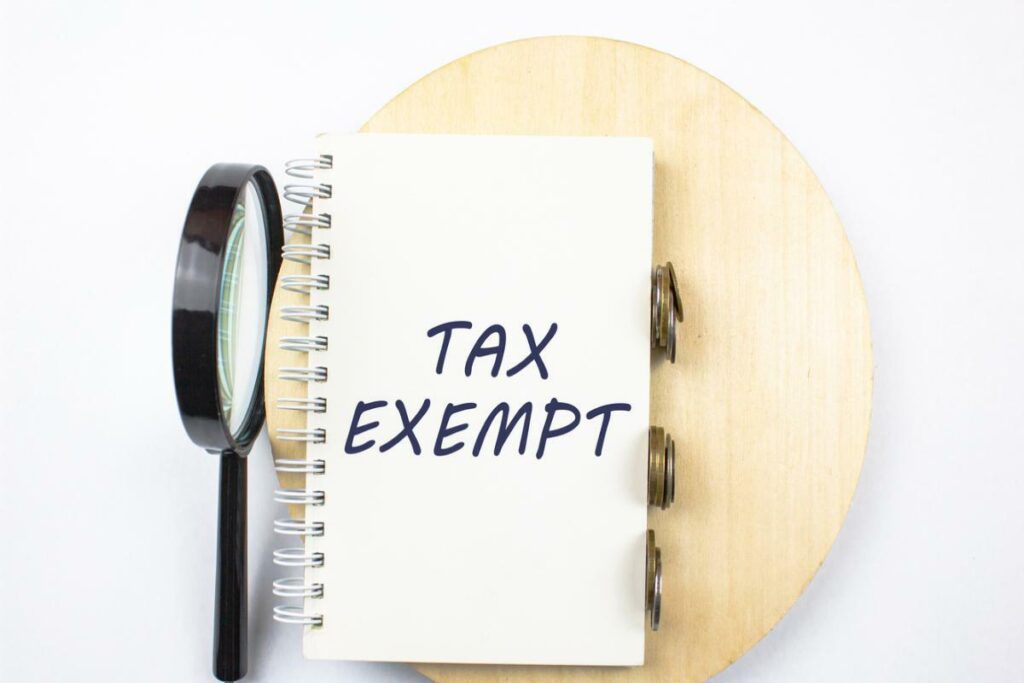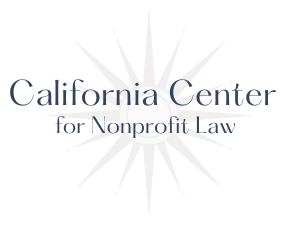
Five Ways Charitable Organizations Could Lose Tax-Exempt Status
Many charitable organizations also enjoy tax-exempt status under the Internal Revenue Code (IRC) if they meet the eligibility requirements for nonprofit organizations under Section 501(c)(3). However, charities that have tax-exempt status should take care to safeguard that status by following all IRS laws and rules. Here are five ways charitable organizations may endanger and ultimately lose their tax-exempt status.
- Engaging in substantial lobbying or political activity
Lobbying occurs when an organization contacts or tries to persuade others to contact members or employees of a legislative body to propose, support, or oppose legislation. An organization also lobbies by urging legislators to adopt or reject legislation. Although a charitable organization can engage in some lobbying, it can lose its tax-exempt status if its lobbying activity is more than an insubstantial part of its overall activities.
Likewise, 501(c)(3) organizations can lose their tax-exempt status if they engage in political activity, which includes participating in any political campaign for or against a candidate running for public office. This requirement makes no distinction between federal, state, or local elections. According to the IRS, prohibited political activity includes contributing to political campaign funds. Prohibited activity also includes making public statements of position, whether written or verbal, on behalf of the organization to advocate for or oppose any candidate for public office.
- Carrying out an illegal purpose or activities
A 501(c)(3) organization can lose its tax-exempt status if it has an illegal purpose or engages in illegal activities. In recent years, more “charitable” organizations have come under fire by the IRS for engaging in crimes like destruction of another’s property, assault, or trespass, and for supporting terrorism.
- Earning unrelated business income
The IRC prohibits 501(c)(3) organizations from generating excessive income from unrelated business activities. Unrelated business income (UBI) arises from a trade or business that an organization regularly conducts, but that is not substantially related to its exempt purpose. While tax exempt entities can engage in some UBI, they must provide a tax return that not only addresses UBI, but requires payment of income tax on all UBI revenues.
- Failing to comply with annual reporting requirements
Although 501(c)(3) organizations are exempt from federal income tax, the IRS still requires them to report certain information annually by filing Form 990. The main purpose of Form 990 is to verify that an organization is still eligible for tax-exempt status. Failure to file this annual information return for three consecutive years results in the automatic revocation of tax-exempt status.
- Failing to operate according to its exempt purpose
When organizations apply for 501(c)(3) status, they must state a qualifying exempt purpose. If an organization operates in a way that does not support that exempt purpose or substantially deviates from the exempt purpose, it can lose its tax-exempt status.
Frequently Asked Questions (FAQ)
Are there any other reasons a charitable organization can lose its tax-exempt status?
If the income or assets of a charitable organization inure to or benefit insiders, the organization can lose its tax-exempt status. Insiders who may not benefit from the organization’s activities include board members, officers, directors, and other top employees of the organization. The organization must serve its exempt purpose, not any private purpose.
Is any political activity by a 501(c)(3) corporation permissible without losing tax-exempt status?
Yes. Certain nonpartisan voter education activities do not fall within the category of prohibited political activity. For instance, publishing voter education guides, holding voter registration drives, and presenting political candidates in public forums are all permissible political activities, provided the organization conducts them in a nonpartisan manner.
When is lobbying an “insubstantial” part of an organization’s overall activities?
Charitable organizations with 501(c)(3) status can choose from two sets of rules to measure their lobbying activity. They can use the “501(h) expenditure test” or the insubstantial part” test to determine whether their lobbying activity meets the definition of “insubstantial.” Generally, an organization’s lobbying activity is “insubstantial” if it constitutes three to five percent of the organization’s total activities.
Contact Us Today for Legal Advice and Assistance
The California Center for Nonprofit Law concentrates its practice on legal matters that affect churches, charities, and other nonprofit organizations in California. Our unique focus enables us to stay ahead of evolving local, state, and federal laws and policies as they develop over time. We are here to represent the interests of your nonprofit organization throughout every stage of your legal matter. Contact us at (949) 892-1221, email us at info@NPOlawyers.com, or complete our online contact form to schedule a consultation about your nonprofit organization today.
